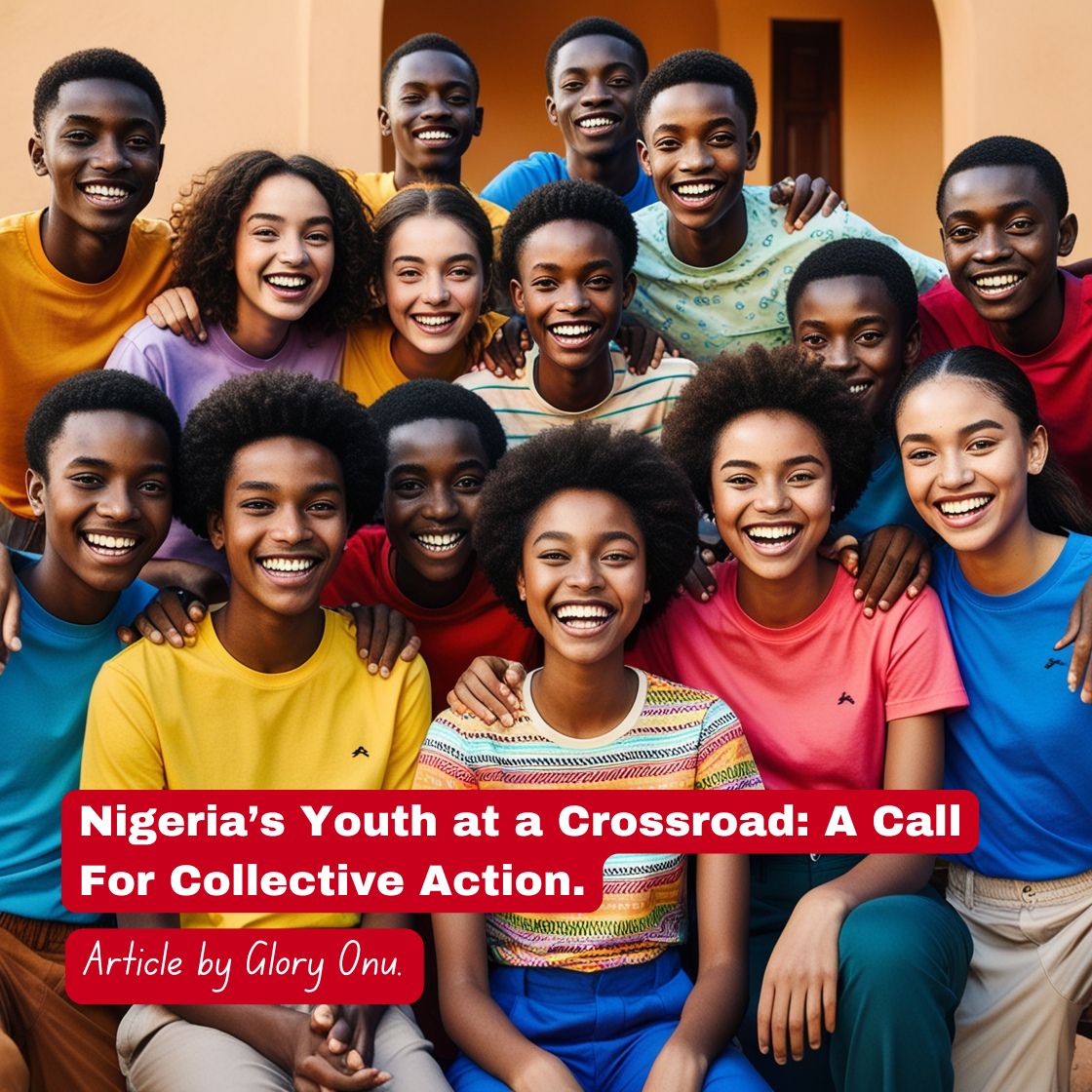An article by Glory Onu.
Nigeria, the Giant of Africa, is a land rich in natural resources, musical heritage, and economic and cultural diversity.
In 2011, Citigroup published a report projecting that Nigeria would have the highest average GDP growth in the world between 2010 and 2015.
However, in recent years, that projection has been undermined by significant fluctuations in GDP. These fluctuations can be attributed largely to factors like rising inflation and the sharp depreciation of the Naira, which has weakened considerably against the dollar.
These economic events have exacerbated poverty levels, with approximately 63% of the population living in multidimensional poverty.
Many people are searching for greener pastures, and Nigerian youth, who represent the largest demographic group, are particularly affected.
The pressure to succeed is immense. They are tasked with paying bills, supporting their parents, and often caring for younger siblings.
These young people yearn for success and often seek inspiration from those they perceive as successful, willing to go to great lengths to replicate that success. Unfortunately, some end up entangled with the wrong associations, getting involved in activities like kidnapping and various forms of cybercrime.
The consequences of such pursuits are severe. This ill-gotten wealth often demands a moral compromise, requiring them to silence their conscience while committing crimes like theft and, in extreme cases, even murder.
Furthermore, the legal repercussions are serious. They may face convictions and prison sentences ranging from 2 to 7 years, depending on the severity of their offenses.
This raises a critical question: Who is to blame the government, society, or the individual?
Each party holds some responsibility. However, the purpose of this article is not to assign blame but to consider how we can reverse this trend and create a lucrative future for Nigerian youth.
The government can play a vital role by enacting policies that foster high-paying jobs and support entrepreneurial success.
The private sector, especially individuals who have amassed wealth through legitimate means, should be encouraged to share their success stories and offer financial resources to empower young people.
The media also has a significant role to play. Content creators should prioritize sharing valuable content on social media platforms, content that focuses on entrepreneurship, skill development, and legitimate ways to achieve financial stability.
In conclusion, addressing the challenges facing Nigerian youth requires a collective effort rooted in empathy, responsibility, and action. By creating an environment where young people have access to legitimate opportunities, support, and positive role models, we can steer them away from destructive paths and toward fulfilling, impactful lives. Nigeria’s future depends on the success of its youth.
Together, we can create a Nigeria that is prosperous, just, and full of promise. I believe in a better Nigeria, and it begins with investing in our youth.

